Inclusiveness without sectarian barriers true spirit of India: Big B
Megastar Amitabh Bachchan on Friday inaugurated the 23rd Kolkata International Film Festival (KIFF) here, highlighting how unity in diversity and national integration are reflected in music in Indian cinema.
Published: Saturday,Nov 11, 2017 11:28 AM GMT-07:00
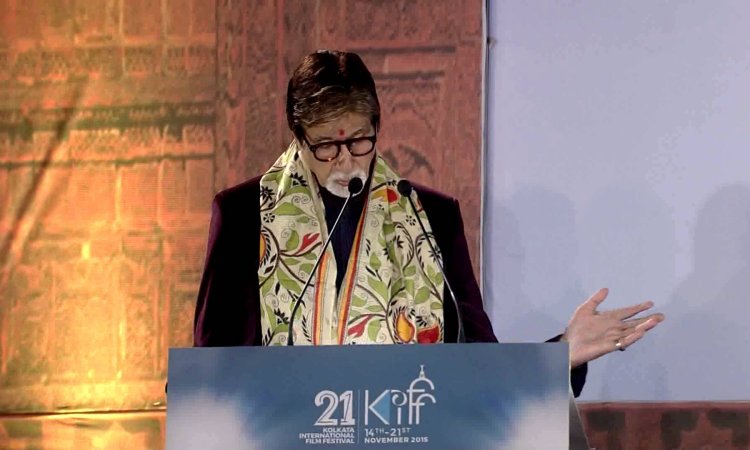
Megastar Amitabh Bachchan on Friday inaugurated the 23rd Kolkata International Film Festival (KIFF) here, highlighting how unity in diversity and national integration are reflected in music in Indian cinema.
Speaking about collaborations of Hindu and Muslim artistes in the Indian playback industry, Amitabh spotlighted the true spirit of India: inclusivity without sectarian barriers.
"Since times immemorial, music and songs in Indian films have found its strength, its voice in our cinema. It has embraced the spirit of unity in diversity, encouraged secular, patriotic and social ideas, showcased India's wonderful culture and given us our unique identity," he said in the opening speech.
Tracing the influences of regional music in Indian cinema, the 75-year-old actor spoke about the "indelible" effect of music from West Bengal as also the importance of South Indian Carnatic music, the Lavni of Maharashtra, the Lohri and Bhangra from Punjab, the folk songs of Uttar Pradesh and Rajasthan, the nautanki music of Bihar and the vibrant Garbha of Gujarat in Indian cinema.
"Thus, our films in all their diversity have united us as Indians beyond petty regional prejudices," he said.
Drawing attention to the fact that music has been a regular feature in Indian films right from the birth of Indian talkies in 1931, Big B spoke about the emphasis on equality and freedom as also the role of music in challenging social vice.
"Often, Hindi films have emphasised democratic values of equality and freedom... most of us are aware of patriotic film songs like 'Mere desh ki dharti', 'Nanha munna rahi hun' ... and several others. The first patriotic ballad that took the country by storm was the superhit number 'Door haton duniya walon Hindustan hamara hai' from the Ashok Kumar starrer 'Kismat' way back in 1943 when such tracks were banned by the British Raj," he said.
However, he stressed "the most egalitarian and important aspect of Indian films is reflected in the fact that several Muslim composers have set to tune bhajans eulogising Hindu gods and goddesses".
Naushad's "Madhuban mein Radhika nache re" from "Kohinoor" is one such glowing example, he pointed out.
"Here is a Hindu bhajan composed by a Muslim, rendered also by a Muslim (Mohammed Rafi), the divine lyrics written by a Muslim poet (Shakeel Badayuni). What could be a better example of integration and amity," he asked.
"I am a proud Indian, an Indian that has lived in the era when Mohammed Rafi sang the song whose lyrics were written by Shakeel Badayuni, lyrics were composed by Naushad and Dilip Kumar enacted them in completely fearless and secular situations often played by Hindu protagonists."
Citing examples from the works of Sahir Ludhianvi and Javed Akhtar, Amitabh lauded the "continued inclusiveness" of the film industry "without sectarian barriers."
"This then, is the true spirit of India.. the abiding lessons of our culture where humanity and empathy reign supreme, where love for our fellowmen and respect for all religions are the many-splendoured threads that weave our priorities without prejudice," he added.
Join Our WhatsApp Channel
Stay updated with the latest news, gossip, and hot discussions. Be a part of our WhatsApp family now!
Join NowYour reaction
 Nice
Nice Great
Great Loved
Loved LOL
LOL OMG
OMG Cry
Cry Fail
Fail

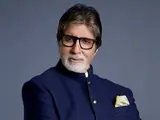

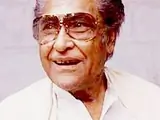





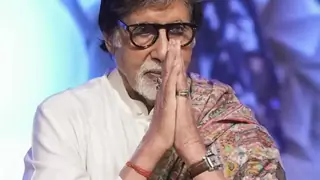

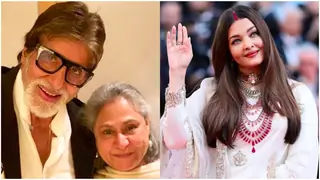
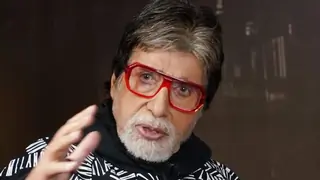
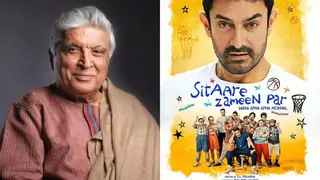
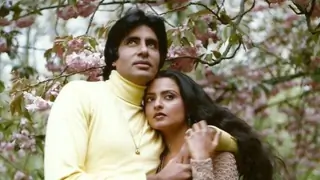


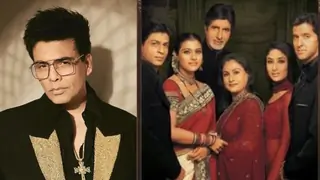






Post a comment